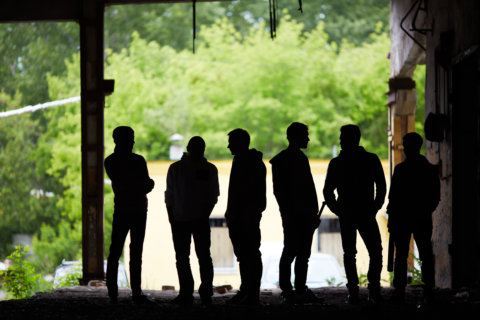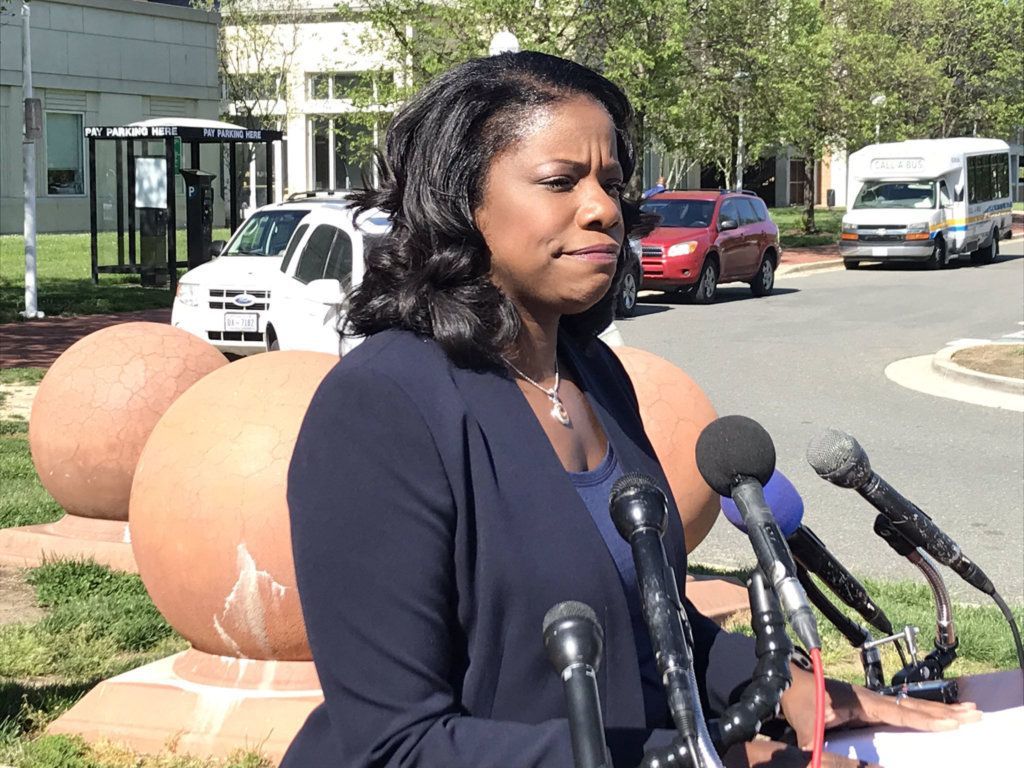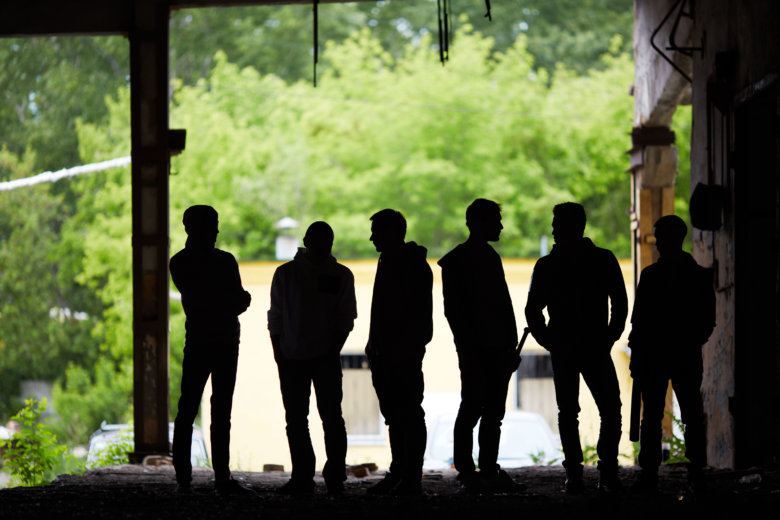
Prince George’s County State’s Attorney Aisha Braveboy announced a plan Wednesday to overhaul the juvenile justice system, which she said a top priority.
Instead of directing juvenile offenders to courtrooms and detention facilities, the goal is to provide young offenders with diversion programs, including mental health and substance abuse treatment, tutoring, counseling and mentoring.
“If a child doesn’t get the help or intervention that they need, they will simply become adults with the same issues and will continue to engage in criminal activity. We, collectively, are committed to breaking that cycle. We are also committed to ending the school-to-prison pipeline,” said Braveboy as she introduced the details of her plan, which was a cornerstone of her 2018 election campaign.
Braveboy said her office, which prosecutes criminal cases in the county, will take a “public health approach to addressing youthful offenders.”

“We will provide consequences for their actions, but we will do so in a way that limits their exposure to the criminal justice system,” Braveboy said.
Braveboy explained that when a young person is arrested, there is often more than meets the eye.
“You may find that they have undiagnosed mental health issues, some are homeless, some are suffering from substance abuse issues or have been victims of abuse themselves,” Braveboy said.
While the overhaul will change the way the State’s Attorney’s Office handles juvenile crime cases, Braveboy vowed that her office will ensure the safety and security of schools and communities.
Each case of a juvenile arrest will be reviewed to determine if diversion is appropriate.
To accomplish its goals, the program is partnering with nonprofit groups, the public school system, Howard University Law School and Bowie State University.
In November the State’s Attorney’s Office’s will conduct a youth justice summit at Bowie State University to review the changes and the resources needed to carry out the program.
“Prince George’s County will be the gold standard in the state and in the country for youth justice reform,” Braveboy said.
“We will reduce the school to prison pipeline; we will end the cycle of young people who offend becoming adult offenders.








